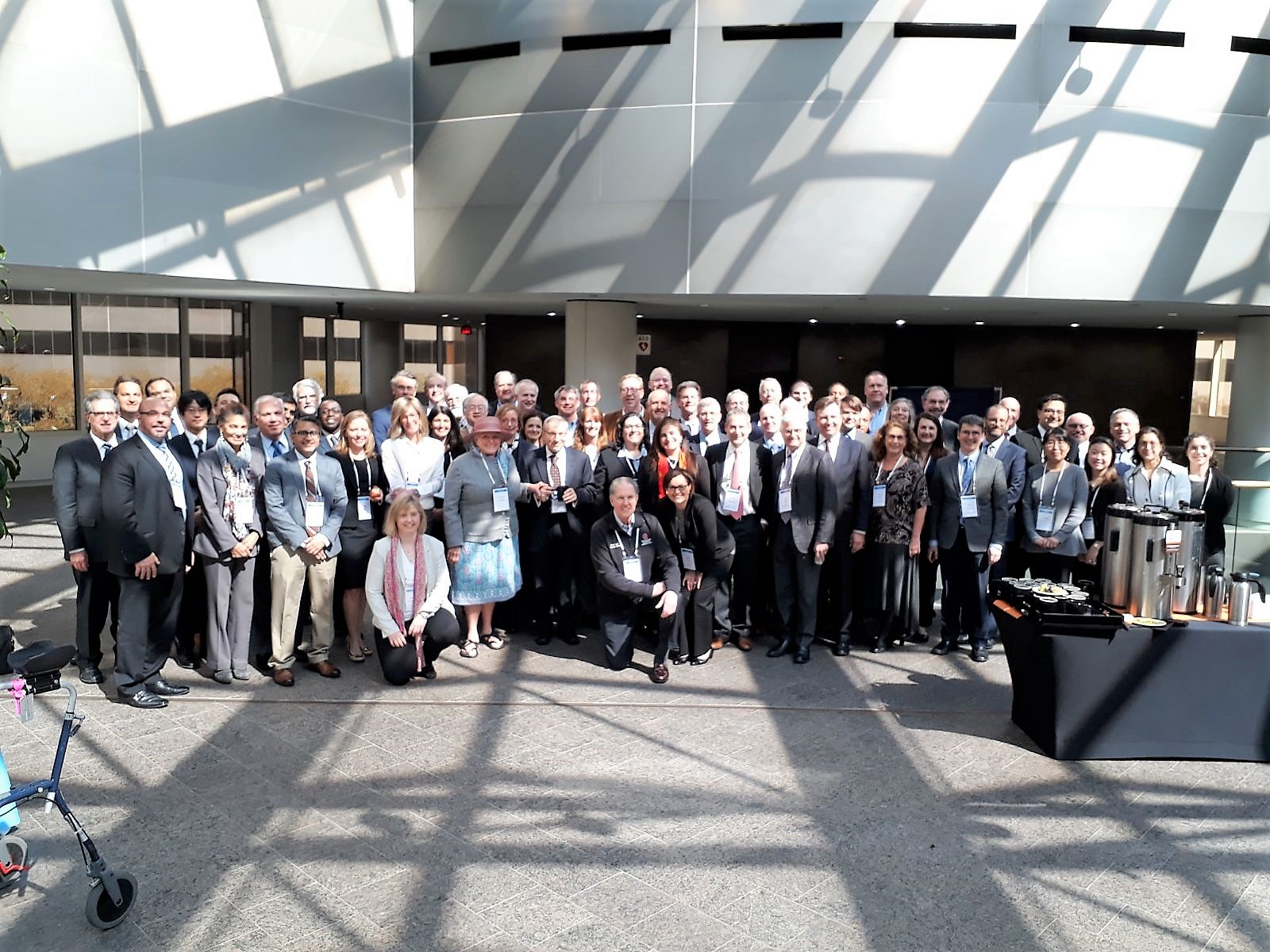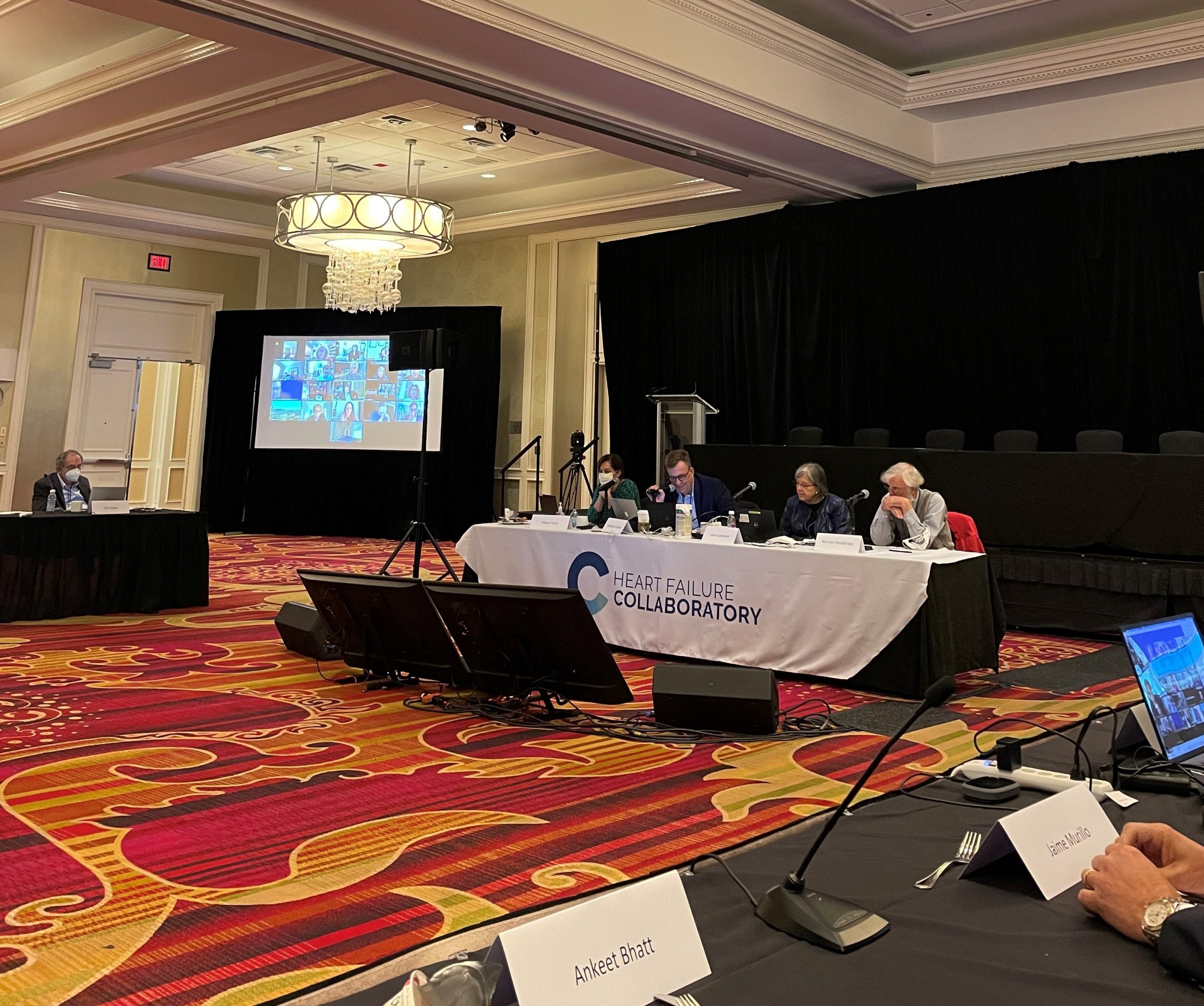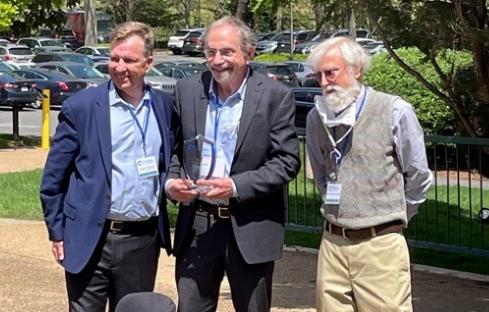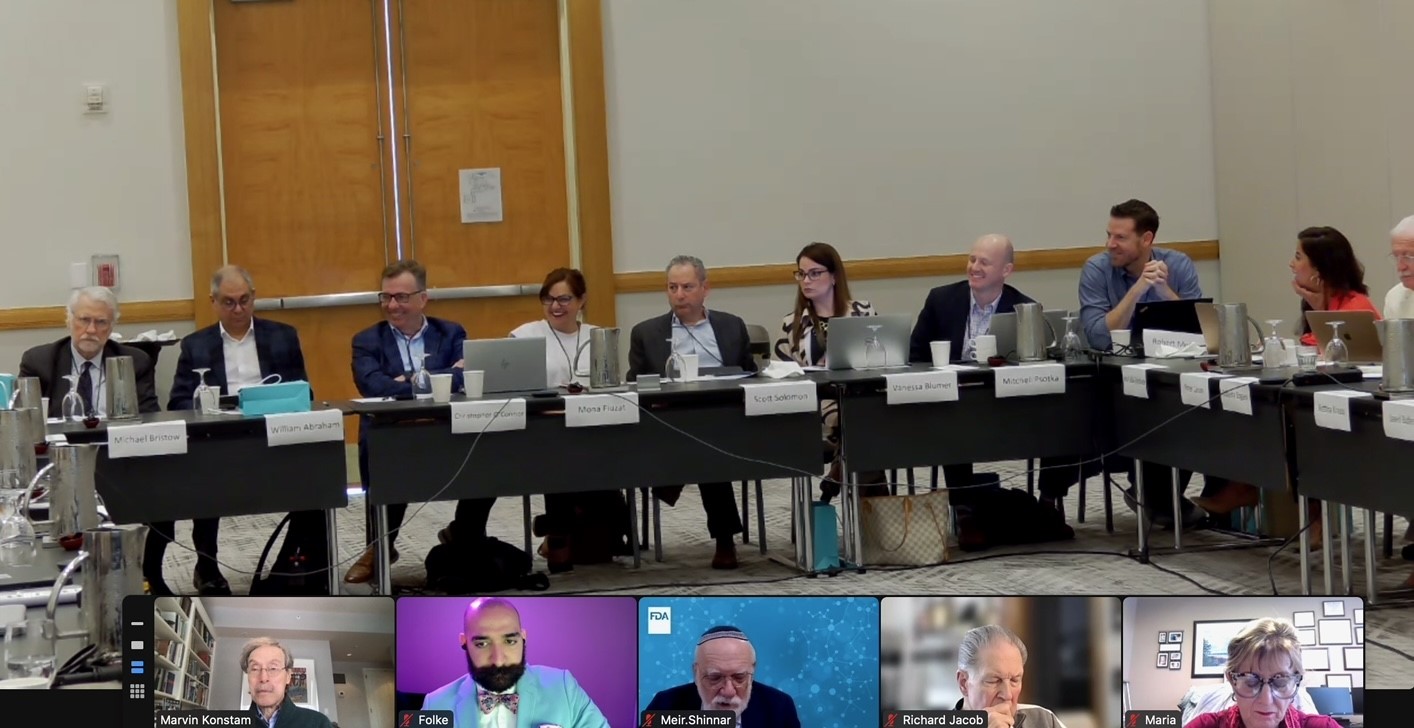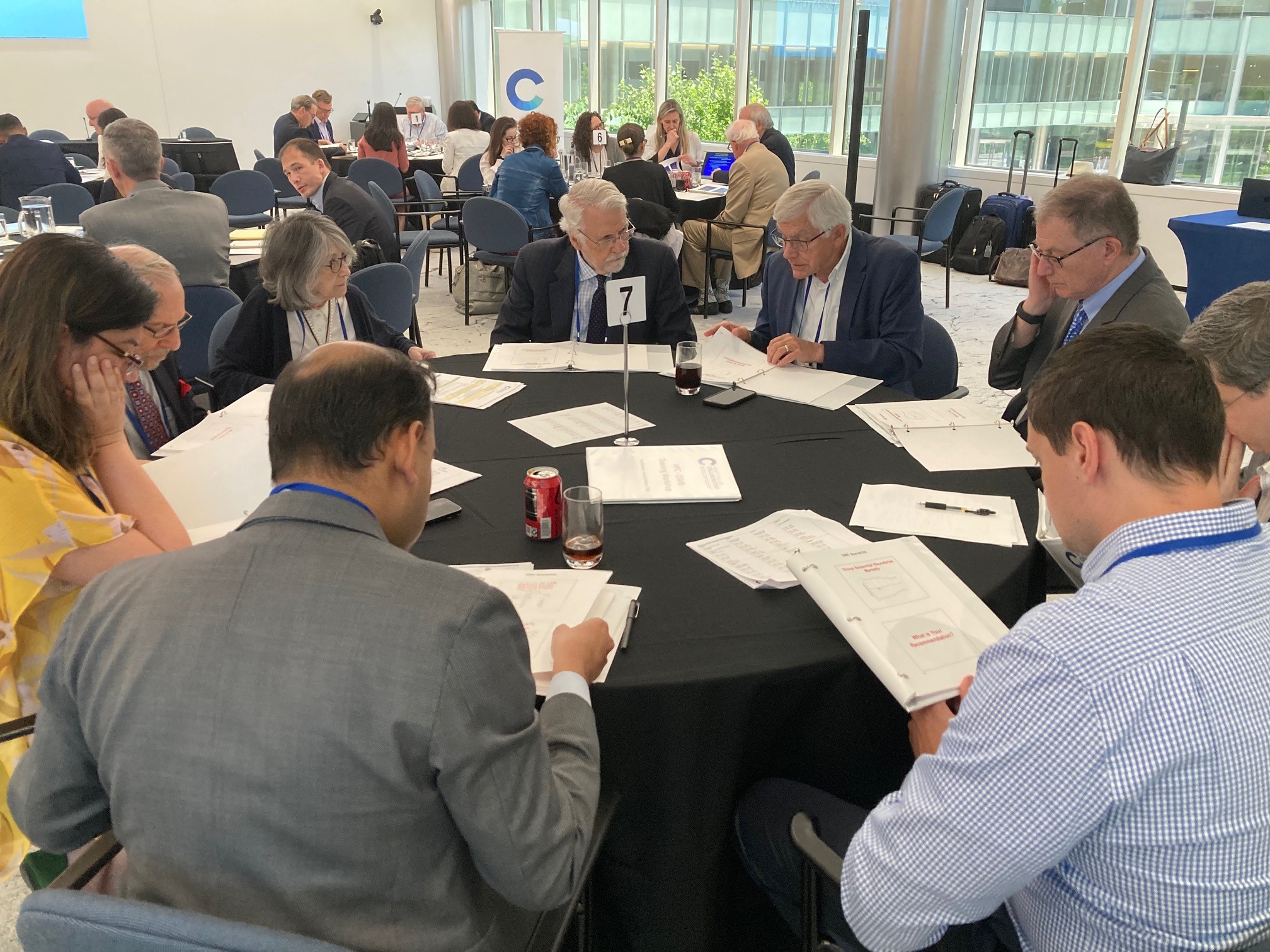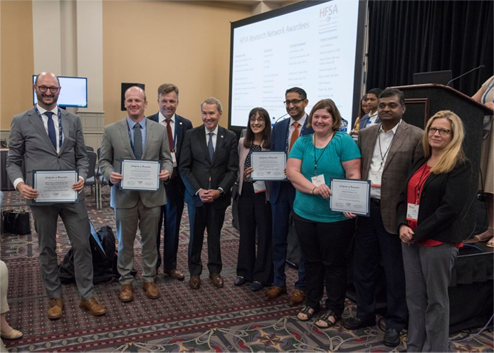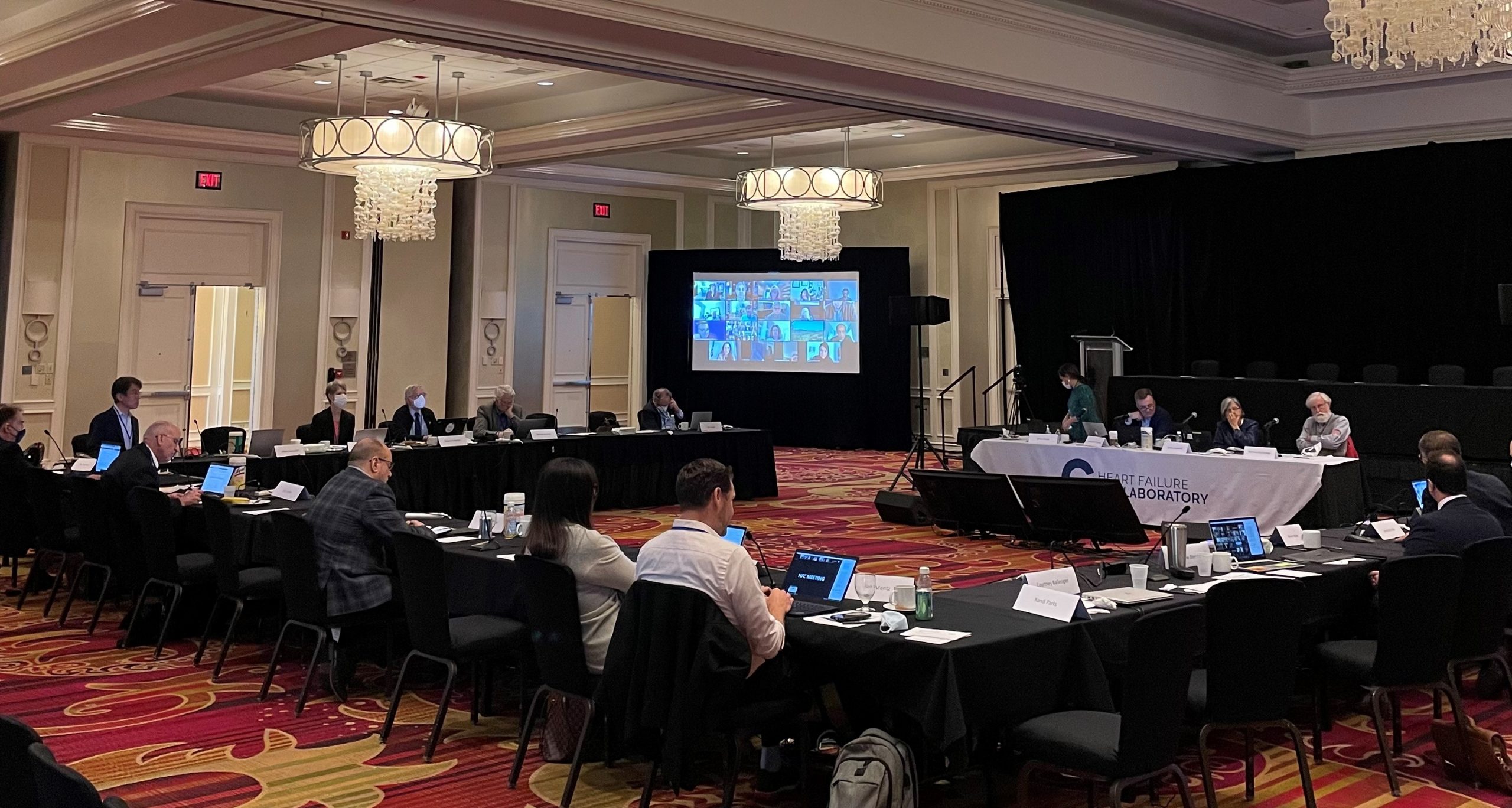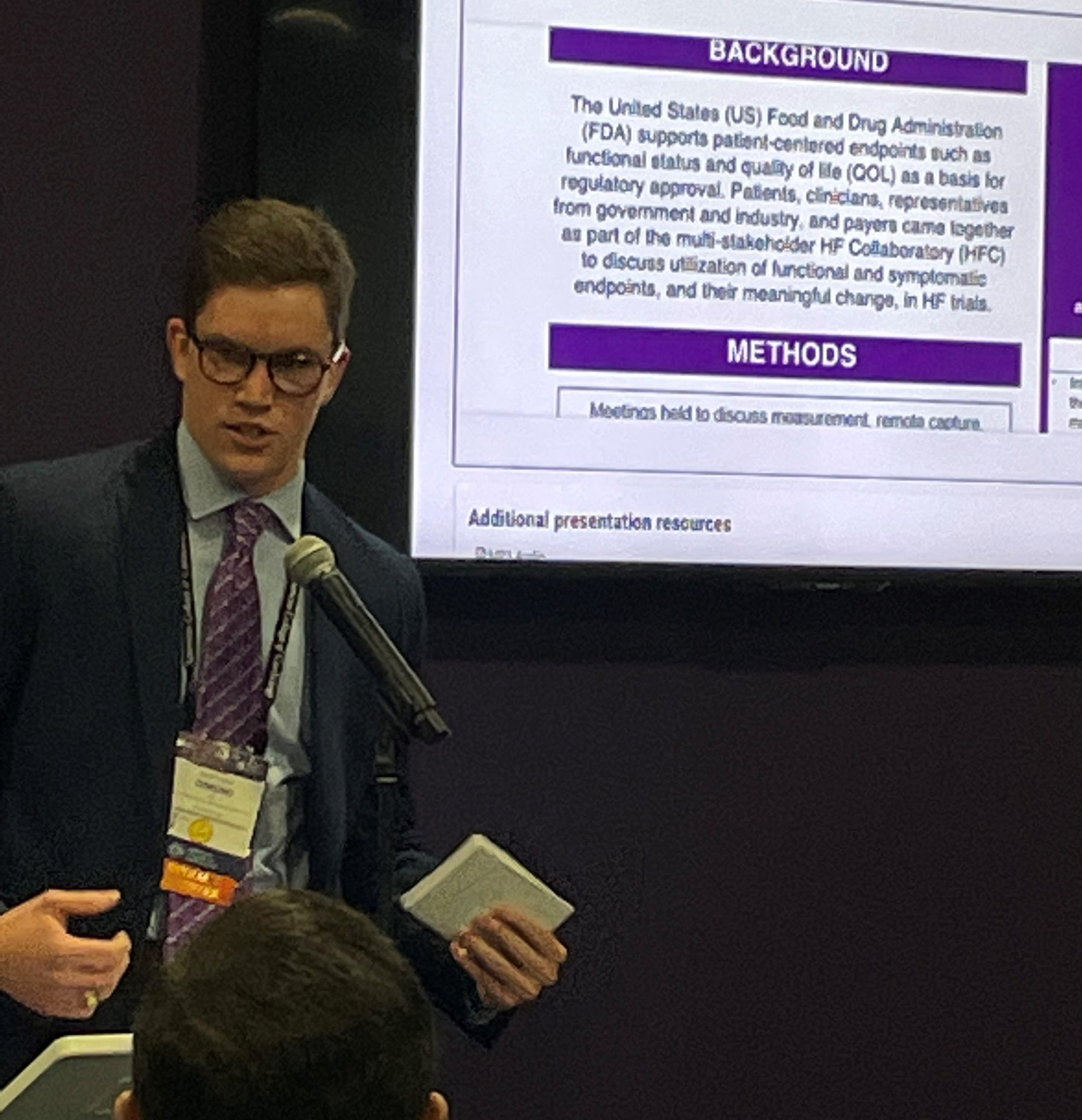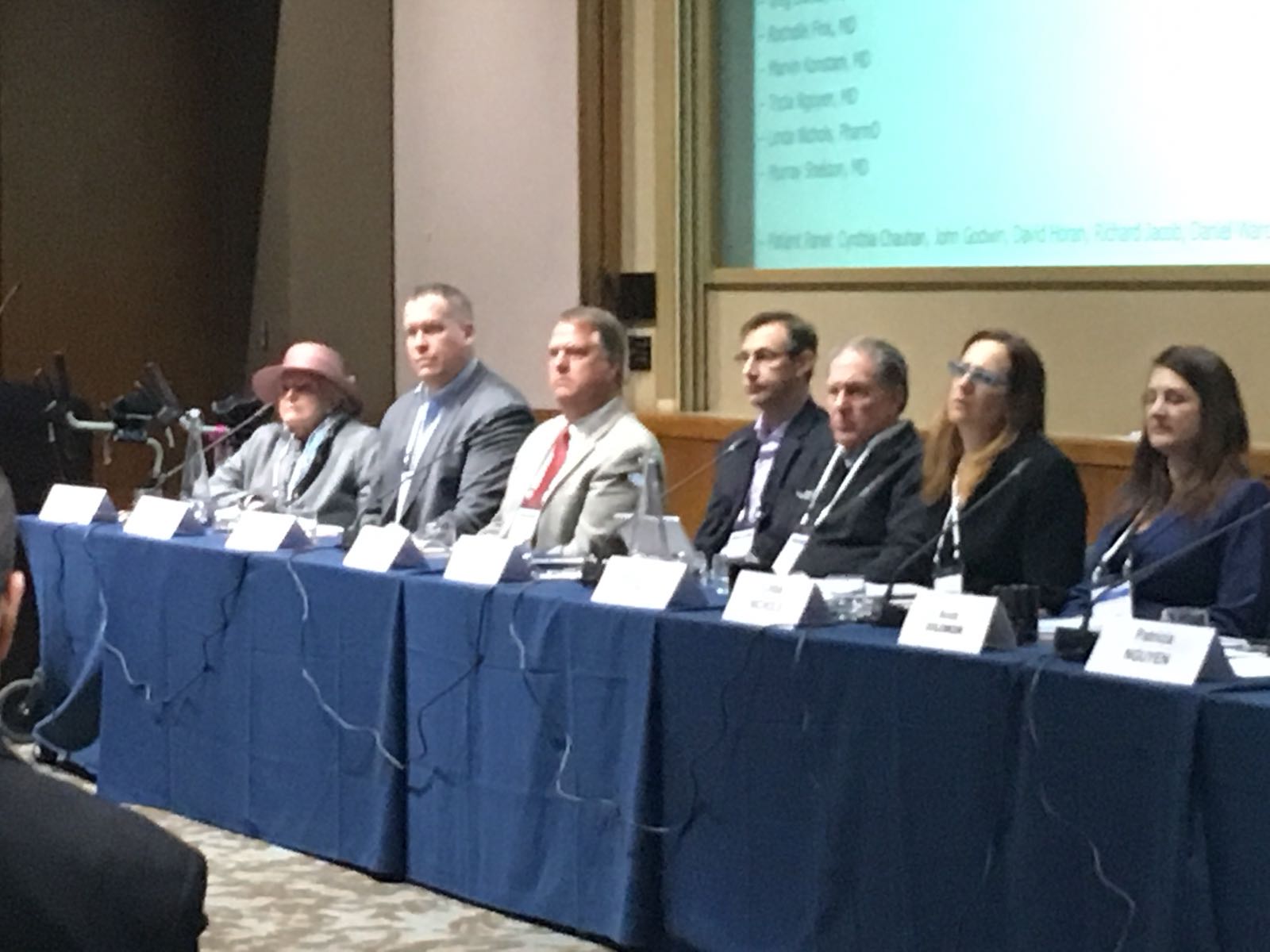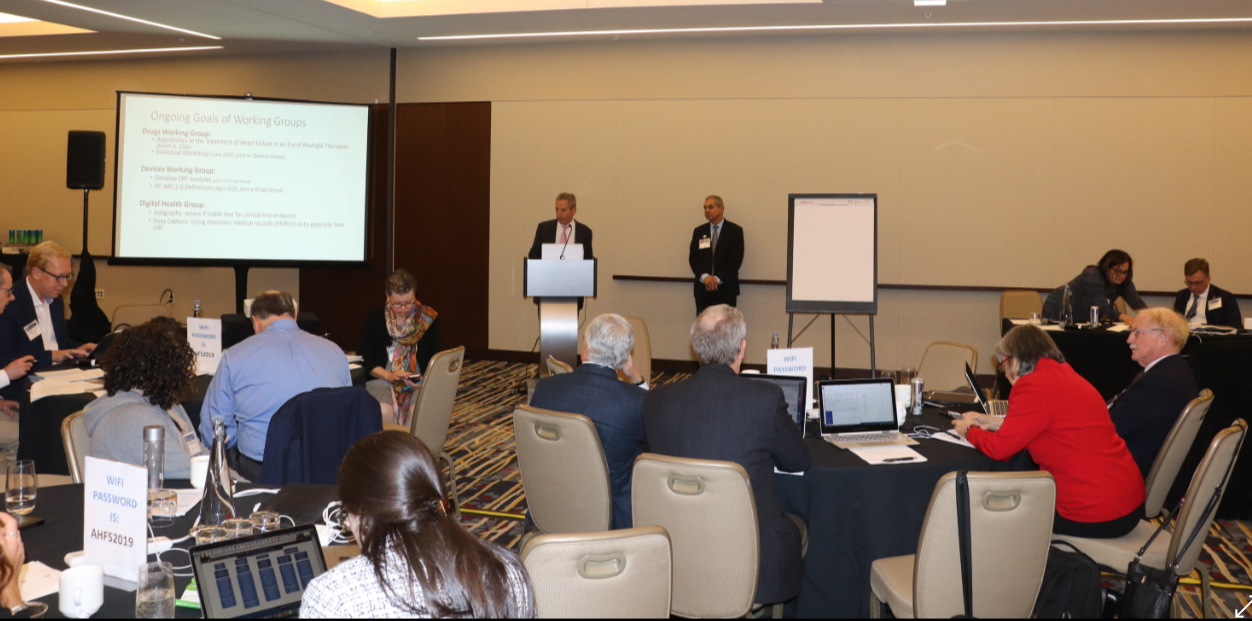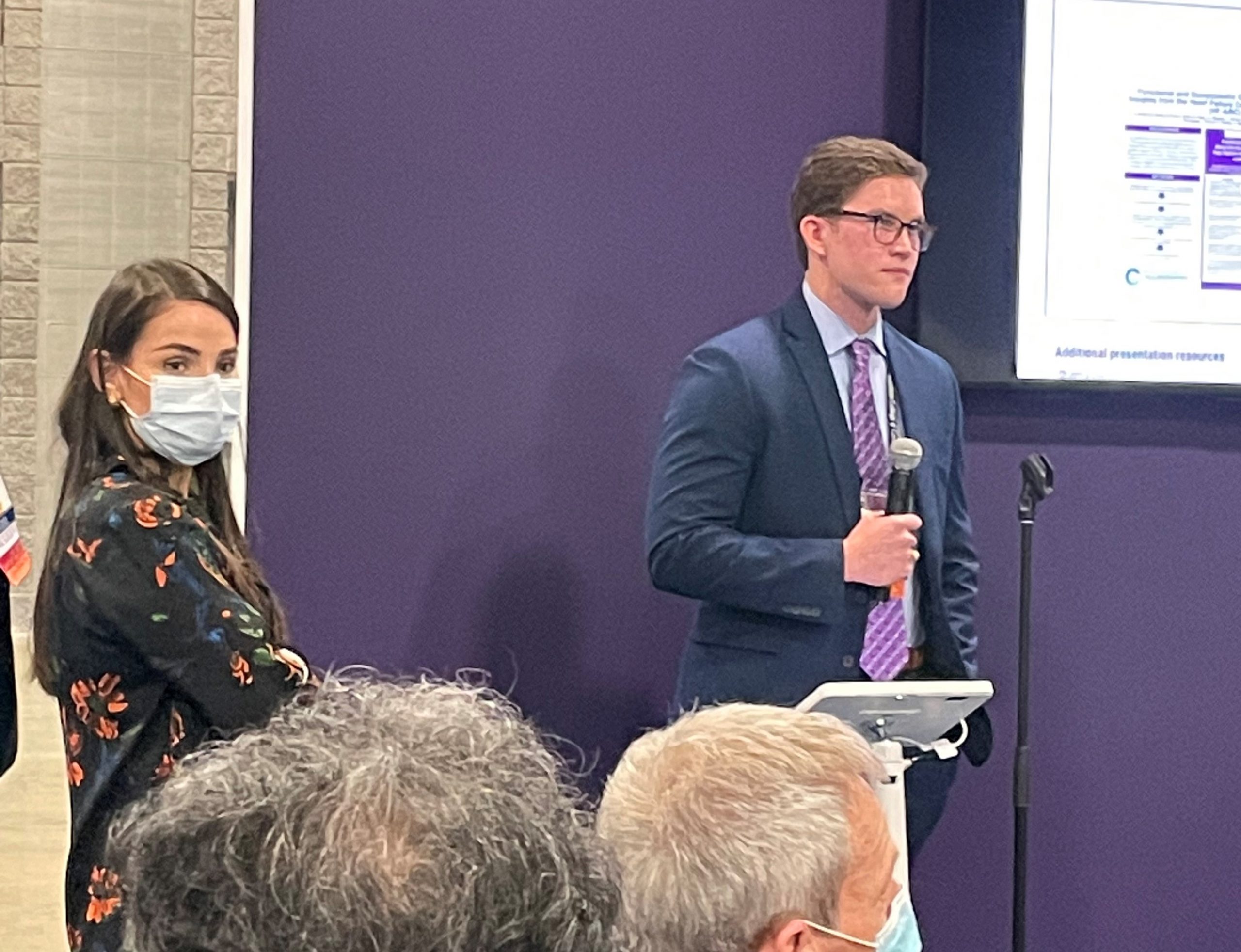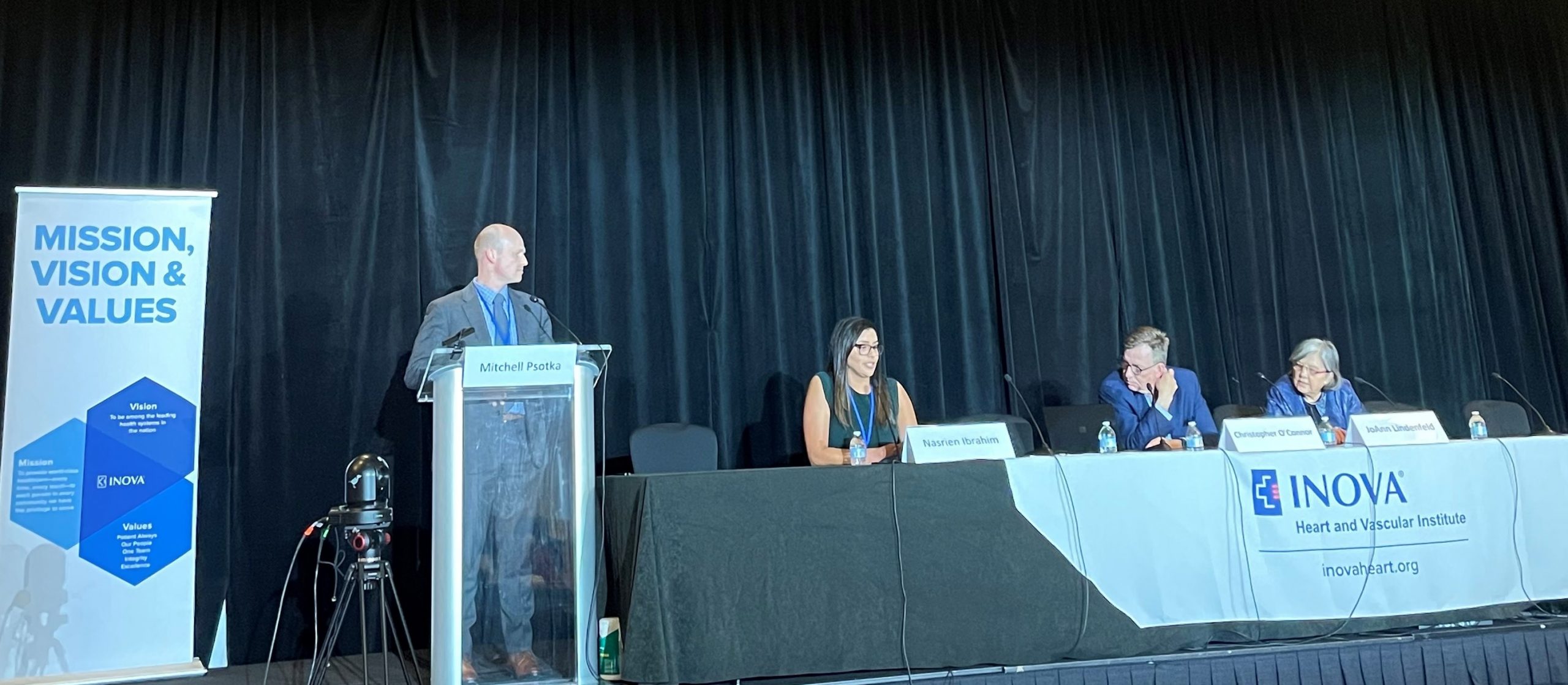Our Mission
The Heart Failure Collaboratory (HFC) is a consortium of stakeholders committed to improving the ecosystem of heart failure clinical trials, which originated from a Think Tank meeting held on March 31, 2017 (reference; JACC VOL.71, NO.4, 2018). Working groups were formed through volunteer efforts from participants of the meeting.
Our mission is to advance scientific discussion, efficiency of clinical trials and evidence generation in heart failure, and foster development of therapies by creating a collaborative environment in which FDA, government agencies including NIH and CMS, and the heart failure community can interact to optimize innovation and advancement of new therapeutic products.
The Heart Failure Collaboratory is a public-private partnership between the FDA and the consortium to help foster the development of new products for heart failure.
Background
Clinical research in the U.S. is in critical need of attention. The clinical trial environment is burdened by increasing complexity and cost, regulatory requirements, competing demands on stakeholders, and implementation challenges. Particularly concerning is decreasing patient and investigator participation in clinical trials in the U.S. These trends led leaders in the field to examine mechanisms to stimulate heart failure drug and device development.
The Heart Failure Collaboratory (HFC) aims to examine solutions to these challenges, such as:
- Improved patient engagement
- Rejuvenated physician commitment
- Promotion of clinical research culture
- Collaboration among stakeholders during trial design and performance
- Standardization of definitions, endpoints, and trial methods
- Centrally organized research networks
- Novel methods of evidence generation and trial recruitment
- Use of novel technologies and e-health to improve efficiency
- Strategies for recruitment of diverse and under-represented patients
- A focus on implementation of new therapies
This consortium established five working groups to tackle individual issues with short- and long-term goals for improving efficiency in clinical trials and fostering the development of effective heart failure therapies:
- Digital Health and Technologies
- Regulatory Policy and Implementation Science in Drug Development
- Regulatory Policy and Implementation Science in Device Development
- Research Culture
- Representative Populations
Long-Term Goals
1) Develop a process for utilizing social media and other technology to enhance trial enrollment
2) Develop a proposal for utilizing EMR’s in research applications
3) Encourage policies to change the current system to enhance evidence generation using digital tools and EMR’s
1) Identify potential solutions to reducing regulatory burden in drug/device development, including how to make trials more efficient
2) Identify methods of communication to ensure industry receives information in a timely and interpretable fashion
3) Develop methods to unify the eco-system of regulatory approval and therapy utilization post-approval
1) Develop and operationalize streamlined processes for site based research
2) Develop methods to recognize site based research as a critical component of the eco-system
3) Develop methods to train and engage the next generation of clinical trialists and PI's
1) Develop standards of representative populations for trials based on epidemiology by HF phenotype (% of blacks, elderly, HFpEF, women, comorbidities, etc).
2) Develop novel methods for recruitment of these patient cohorts in trials
3) Develop methods to train and engage the next generation of diverse clinical researchers


